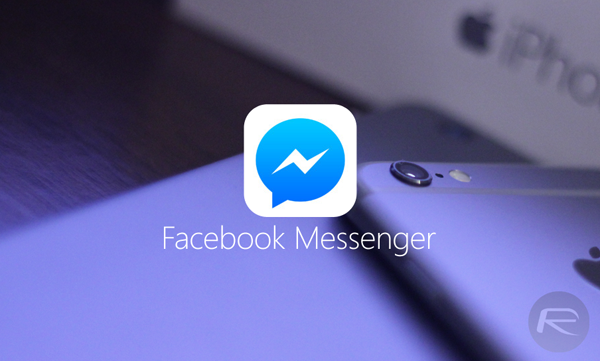Facebook may be working on a Messenger app for Mac OS X, if a blurry photo leaked is of any indication. The photo, which appears to show a Facebook employee using the app, may be the first glimpse we’ve had of an official Facebook Messenger app on the Mac.
The app, which has yet to be formally announced other than Facebook’s claim that it was in the works almost four years ago, appears to mimic the Messenger app that we all use on iOS, with a navigation bar in the bottom-left of the screen and the list of chats situated down the left-hand side of the screen. The rest of the app appears to be taken up by the chats themselves. It’s similar to Apple’s Messages app on the Mac also, and will likely be instantly familiar to anyone who’s used an instant messaging app on the Mac before.

While we have never had a Mac version of the Messenger app, Facebook did release and then subsequently kill a Windows version of its messaging client, with the web-based Messenger.com now providing desktop access for those that don’t want to fire up Facebook proper just to send some instant messages. It was believed that Facebook would be pushing users towards that web presence rather than desktop apps, which makes this photo particularly interesting. It’s not believed to be of a third-party app, for example, thanks to the apparent inclusion of options that aren’t open to non-Facebook apps.

It’s possible that this is an internal build of Facebook Messenger app for the Mac that will never see the light of day, but it’s also possible that Facebook’s official Mac Messenger client is on the horizon. We would’t want to bet which side of that will turn out to be accurate!
Facebook itself is keeping quiet on the supposed leak, simply refusing to “comment on rumor or speculation.” That is obviously a pretty standard response to these kinds of things and means next to nothing.
(source: TechCrunch)
You may also like to check out:
You can follow us on Twitter, add us to your circle on Google+ or like our Facebook page to keep yourself updated on all the latest from Microsoft, Google, Apple and the Web.

